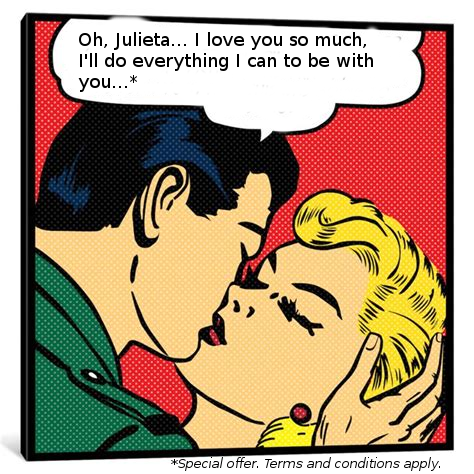"Covid denialism, like AIDS denialism, reveals that many of doctors’ assumptions are incorrect. We overestimate the value of reasoning and facts. We believe in our clinical authority. We expect patients to behave rationally. But we all develop our beliefs through interactions with other people — what you believe depends on whom you trust. "
[Em The Doctor’s Oldest Tool, no New England Journal of Medicine, por Elvin H. Geng]
Calhou de esse artigo "resolver" um desconforto que senti numa outra conversa, ao ouvir que "a ciência é uma fé, assim como a falta dela também o é". Não, não concordei. Na verdade me causou desconforto pensar nisso, apesar de não saber bem oque dizer na hora.
This particular thesis was addressed to me a quarter of a century ago by John Campbell, who specialized in irritating me. He also told me that all theories are proven wrong in time.
My answer to him was, "John, when people thought the Earth was flat, they were wrong. When people thought the Earth was spherical, they were wrong. But if you think that thinking the Earth is spherical is just as wrong as thinking the Earth is flat, then your view is wronger than both of them put together."
"I am part of what anthropologist Heidi Larson calls a “chain of trust” in a social system that has treated me fairly and generously — a chain that did not reach Mr. B. I realized that the chain’s links consist of lived experiences and relationships, not data in scientific journals. I believe what my colleagues say because of my proximity to their experience: I work with people like the scientists who conducted the earliest studies, and I know them to be generally honorable and credible. Mr. B. did not believe — ultimately, not because of quibbles with the scientific method, but because the sum of what society, and “expert” professionals like me, had offered him in life seemed more like lies than the truth. "
Instead of arguing about the veracity of science, perhaps I could simply bear witness, as one human to another.
